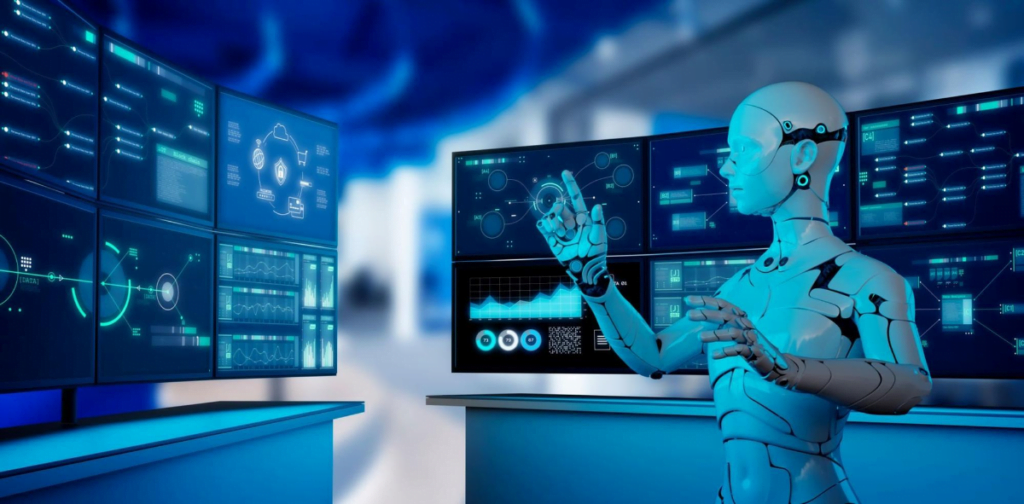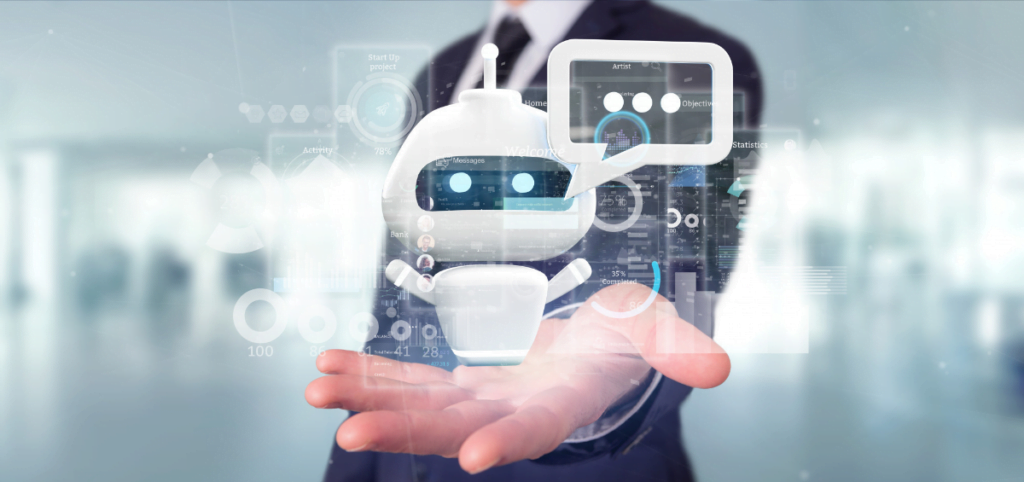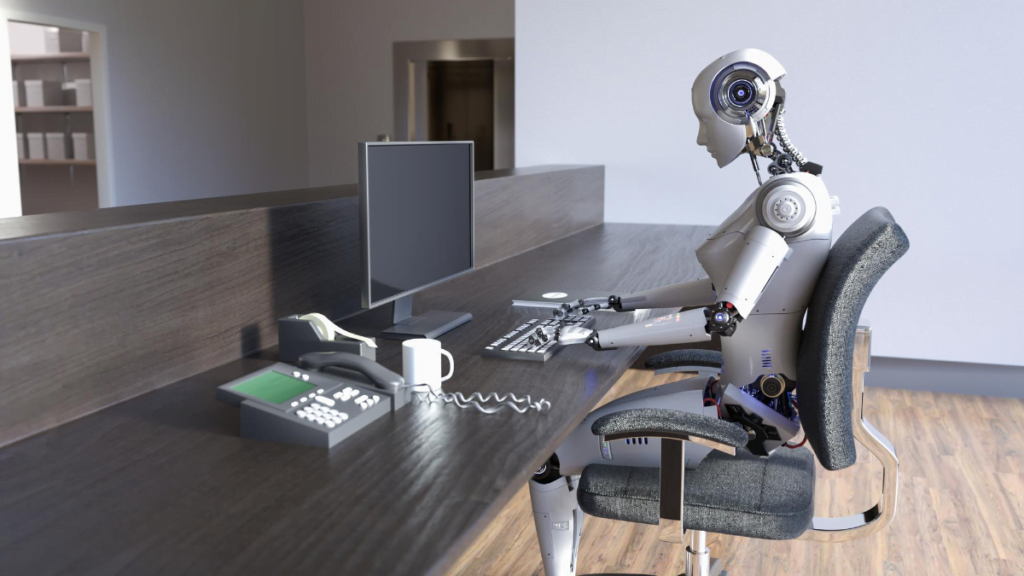Artificial Intelligence (AI) can be defined as a subset of computer science that aims to create systems capable of performing tasks that normally require human intelligence, such as understanding natural language, recognizing patterns, and making decisions. AI’s penetration into the workplace today is hard to ignore. From customer service and marketing to manufacturing and logistics, AI is helping companies achieve greater efficiency and precision. However, as AI technology continues to advance, there are both positive and negative implications for the future of work. This article aims to provide an overview of these implications and explore how workers and businesses can prepare for an AI-driven future.
The Current Role of AI in the Workplace
AI is already proving its worth in various sectors. In customer service, AI chatbots and virtual assistants provide instant responses, significantly improving the customer experience. In marketing, AI tools offer detailed customer insights and automate repetitive tasks, freeing marketers to focus on strategy.
Furthermore, AI-driven predictive maintenance and robotics have transformed manufacturing, improving safety and productivity. According to a report from McKinsey, “AI, automation, and the future of work,” these uses are just the beginning.

Potential Impact of AI on Specific Jobs
However, as AI technology becomes more advanced, some jobs may be significantly impacted. Autonomous vehicles, for instance, pose a real threat to truck drivers, taxi drivers, and others involved in transportation.
Similarly, in the legal profession, AI can analyze massive amounts of data faster than any human, potentially displacing paralegals and junior attorneys.
Even in healthcare, AI applications like IBM’s Watson can potentially outperform doctors in diagnosing diseases. While these scenarios may seem daunting, it’s important to note that technology also tends to create new jobs as it eliminates others.
Potential Benefits and Challenges for Workers
On the positive side, AI has the potential to significantly increase productivity and improve decision-making. It can automate mundane tasks, leaving employees with more time for complex problem-solving and creative work. Personalized experiences, such as AI-powered learning and development tools, could also enhance worker satisfaction and growth.
Nevertheless, challenges abound. The biggest fear is job displacement due to automation. Workers in routine-intensive jobs are particularly vulnerable. Also, if the benefits of AI are not evenly distributed, it could exacerbate inequality. Ethical concerns related to privacy and bias in AI systems also require careful consideration.

Preparing for the Future
To mitigate these challenges, both businesses and governments need to act. Businesses can invest in upskilling their workforce, ensuring their employees are equipped with the skills needed in an AI-driven future.
Governments, on the other hand, can provide social safety nets for those displaced and create policies that ensure the ethical use of AI. As noted in the White House’s “Impact of Artificial Intelligence on the Future of Work” report, a combined effort from multiple stakeholders is crucial.
Conclusion
In summary, while AI brings exciting opportunities for increased productivity and personalized experiences, it also presents challenges related to job displacement, inequality, and ethics. As we move towards a future where AI will likely play an even larger role in the workplace, it’s vital for businesses and governments to prepare accordingly.
As per the functional-identity perspective given in a paper published in Sage Journals, AI should be seen as an augmentation to human work rather than a replacement. Embracing this perspective could be the first step towards ensuring a more inclusive and beneficial AI-powered future for all.




